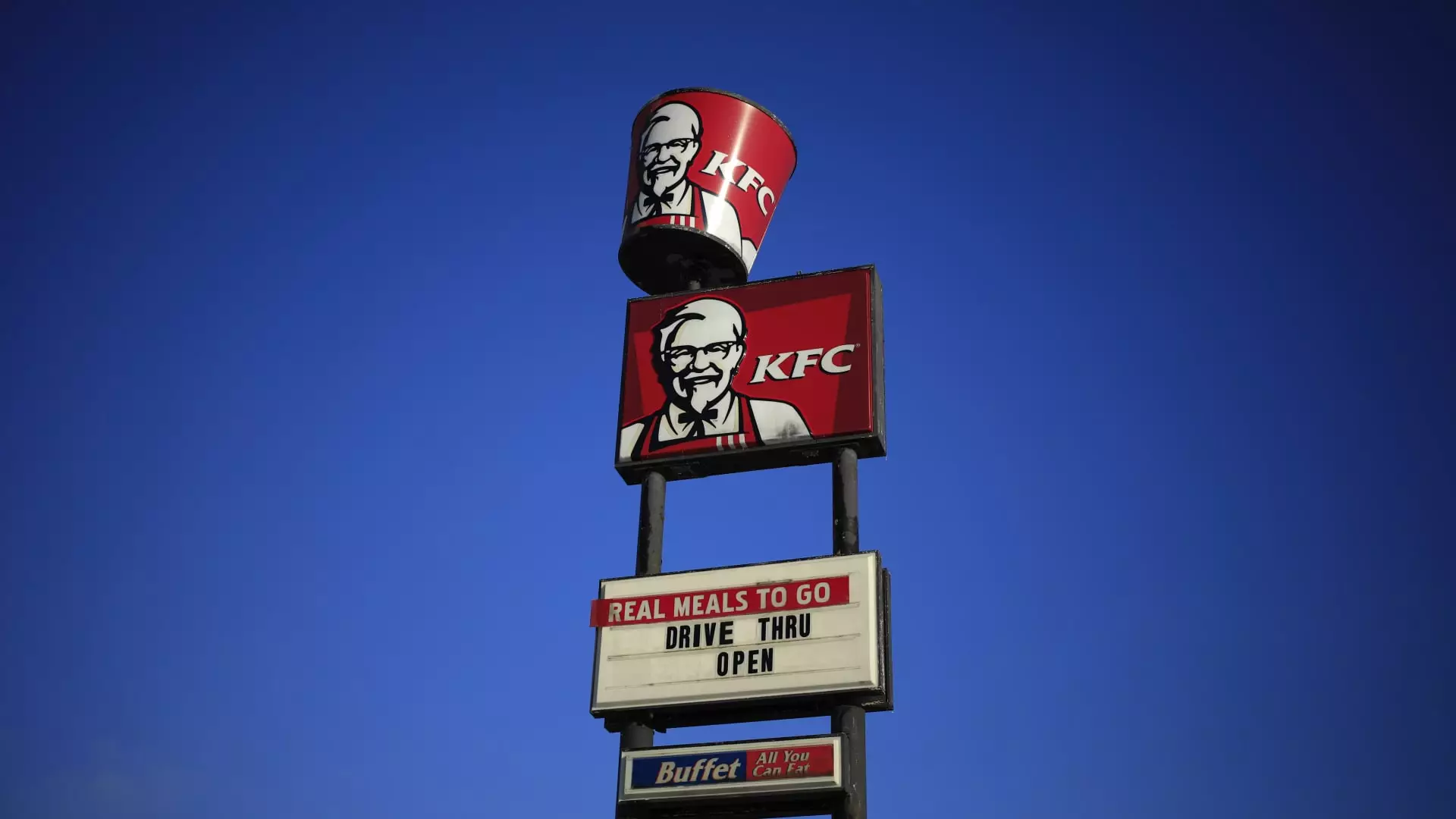In a noteworthy development for the fast-food industry, KFC has announced that it will be relocating its U.S. headquarters from Louisville, Kentucky, to Plano, Texas. This decision, confirmed by Yum Brands, KFC’s parent company, signifies a pivotal move in the fast-food chain’s operational strategy. With around 100 employees expected to make the transition over the next six months, this shift highlights the evolving landscape of corporate headquarters in the aftermath of the pandemic.
The relocation emerges as part of a broader initiative by Yum Brands, which intends to establish dual corporate headquarters in Plano and Irvine, California. This strategy aims to streamline operations across its popular chains, including Taco Bell and Pizza Hut, which already operate with global teams in these respective cities. Such a move reflects a growing trend in corporate America, as companies reassess their geographic footprint in light of changing workplace dynamics. The pandemic has indeed altered perceptions of office space, leading many firms to seek environments that foster flexibility while also minimizing operational costs.
The Texas Advantage
Texas has emerged as a prominent magnet for corporations looking to relocate, attributed to its business-friendly climate, including lower tax burdens and fewer regulatory hurdles. According to a report from CBRE, this has made the state a preferred choice for many organizations seeking a new home. KFC’s decision aligns with a pattern noticed in other large corporations, such as Papa John’s, which moved its headquarters from Louisville to Atlanta in 2020. As states compete for corporate investment, Texas offers enticing opportunities that appeal to companies rethinking traditional office setups.
Despite the relocation, KFC has assured that it will maintain a significant presence in Kentucky. The company plans to retain corporate offices in Louisville, solidifying its commitment to the state that has been home to the fried chicken chain since its inception. Furthermore, KFC is set to unveil a flagship restaurant in Louisville, reflecting an intention to continue evolving its brand while honoring its roots. This dual approach of expanding to Texas while retaining operations in Kentucky illustrates a strategy not just of relocation, but of diversification and growth.
The Future of Corporate America
As the corporate world navigates the post-pandemic landscape, decisions like KFC’s move unlock broader conversations about the future of work and geographical mobility. The shift underscores an ongoing evolution in how businesses define headquarters and operational bases. Factors such as increased remote work, workforce mobility, and the need for flexible office environments have become central to these discussions. In this context, KFC’s move to Texas encapsulates not only a strategic business maneuver but also an adaptation to the new norms shaping corporate America.
KFC’s relocation to Texas represents a significant step in its evolution as a leading fast-food chain while highlighting broader trends influencing corporate America. With its commitment to maintaining a presence in Kentucky alongside its expansion into Texas, KFC is navigating the complexities of modern business with a clear vision for the future.

